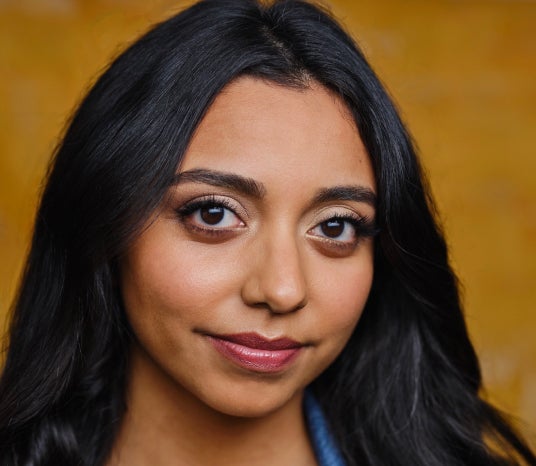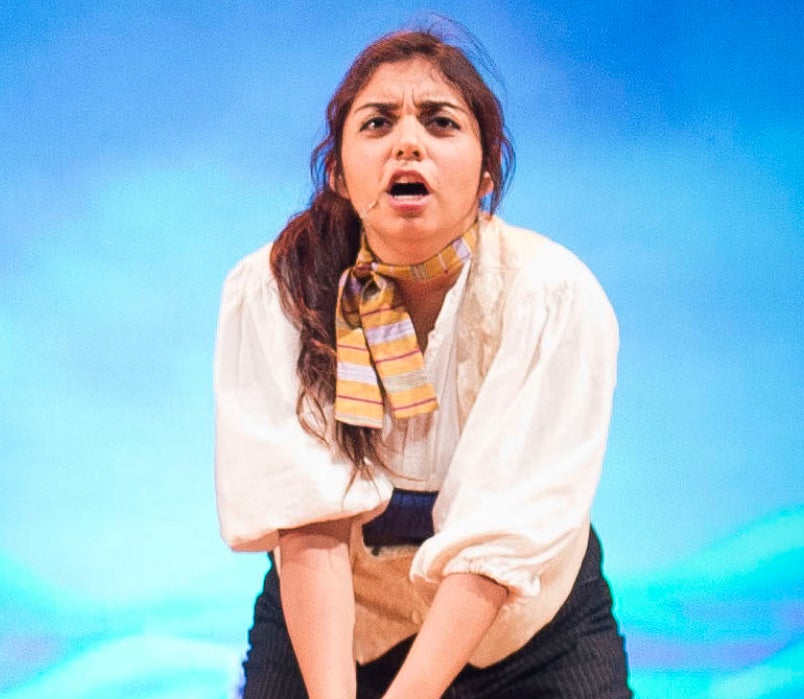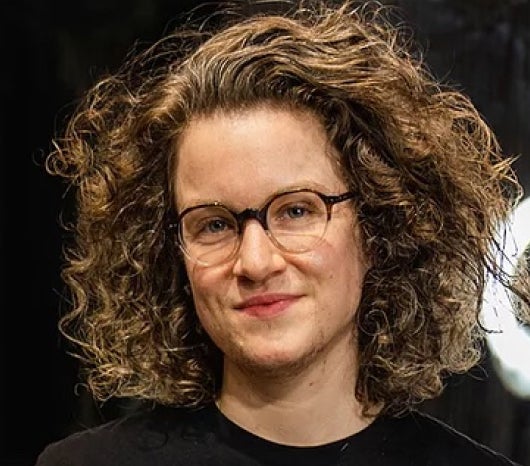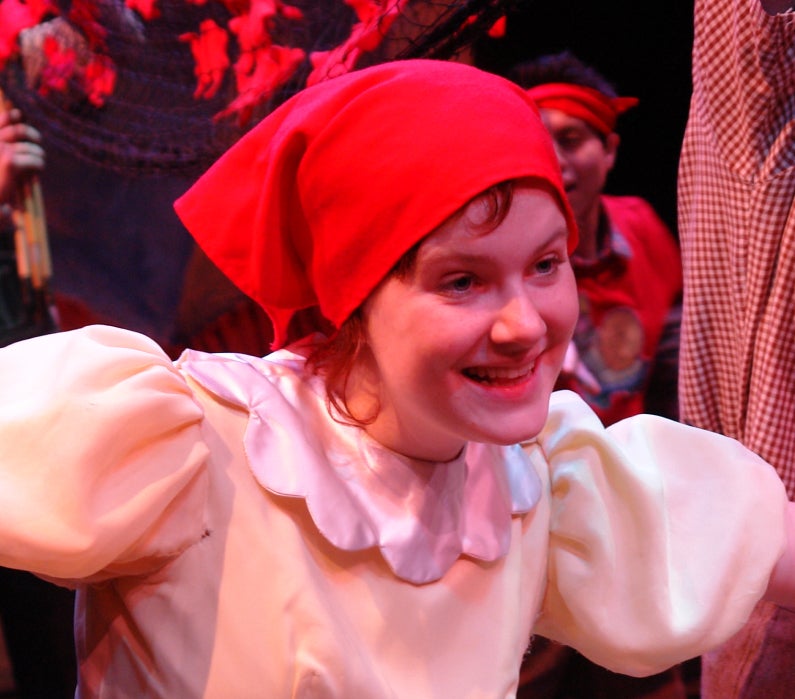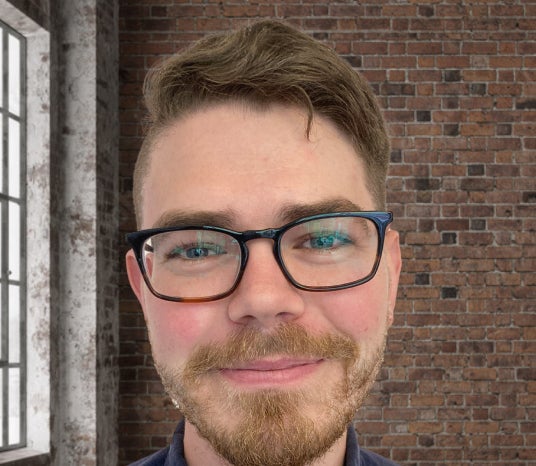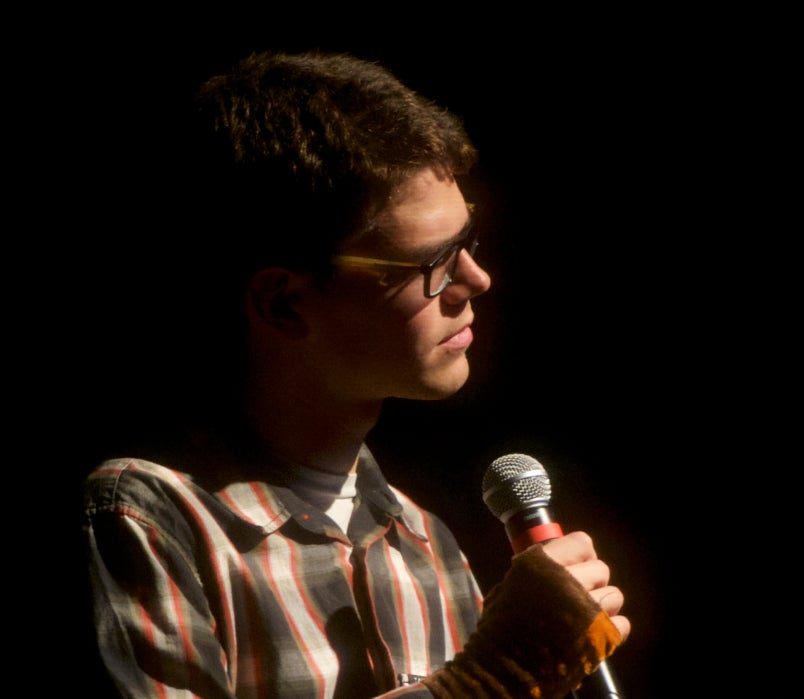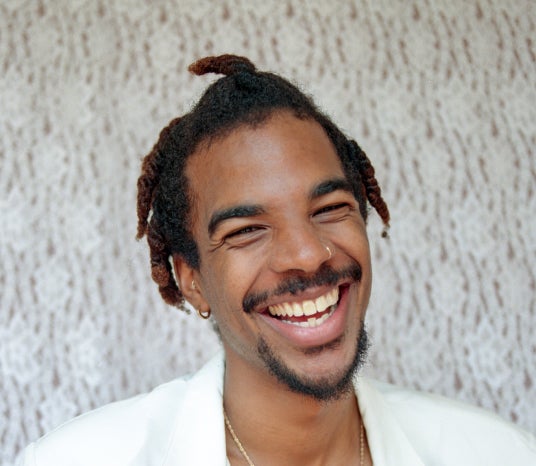
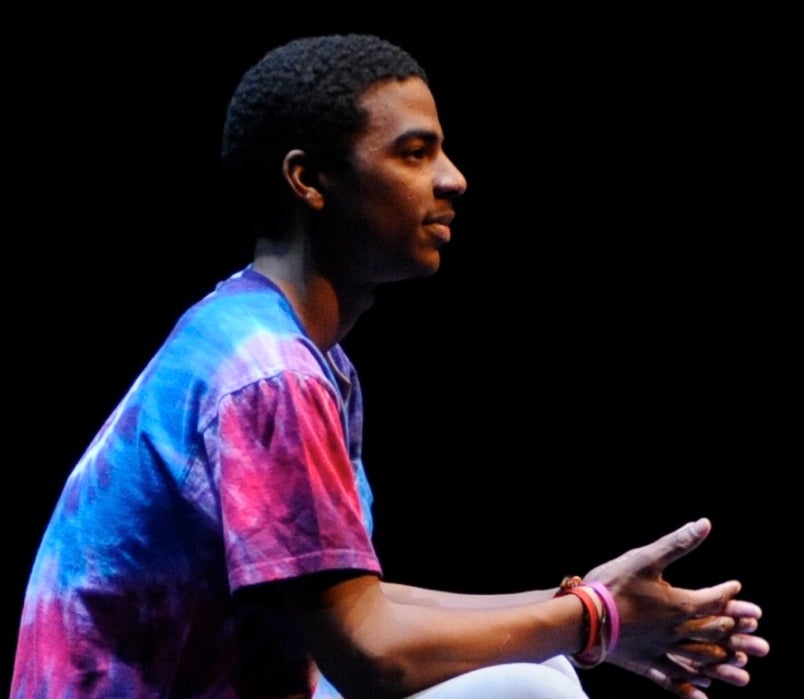


Theater engages the whole person, as both artist and audience member. A Davis Center education integrates the whole person: imagination, intellect, spirituality, physicality, and empathy. The Davis Center engages and pushes students to constantly cross between those worlds and modes. Our alumni leave Georgetown with experience in synthesizing their personal experience and formal education - a skill that they carry throughout their lives.
Since its opening, the Davis Center has created space for immersive collaboration — a creative home for diverse lives and a place where faculty, students and guest artists constantly work side-by-side at Georgetown. We center research, community, and experimentation. Our intimate classes, socially-engaged curriculum, and welcoming spirit create a uniquely close-knit community on campus where everyone brings their “whole selves”.
11:1 Average class size
300+ Average hours spent by each core artistic/stage management member per production
300+ Average hours spent by Student tech directors per production


The Davis Center’s educational approach mirrors the Jesuit value, “Cura Personalis,” or “Care for the Whole Person.” The curriculum requires both students’ minds and bodies – of all types – to engage with the subject matter.

Natsu Onoda Power

Maya E. Roth

Susan Lynskey

Christine Evans
TPST professors Natsu Onoda Power, Susan Lynskey, Maya E. Roth, and Christine Evans received Engelhard Fellowships. Engelhard Fellows recognize faculty whose courses integrate academic experience with life experience, especially for wellness and mental health.


Our survey found over 100 mentions about the specific impact of relationships and support of professors.
“Honestly, it’s the genuine sense of safe space during the classes that allowed me to explore all the complicated and difficult parts of myself and how I express my identity through performance—that sense of being able to fully try something out even if there’s great risk involved is something that I miss and yearn for, and strive to create in my own life and with my own communities nowadays.”
Swedian Lie (C’13)
The Davis Center creates a welcoming home for historically excluded student populations, including students of color, the full gender and sexual orientation spectrum, and varying levels of physical ability. Our alumni point to the importance of this space in their experiences.
“I get to be the protagonist in these very DC/Georgetown stories as a queer woman of color. The tie between all these stories is my ability to create and foster relationships with very different kinds of folks through authenticity, curiosity, and creativity – and my time at Georgetown and TPST has absolutely lent to that skill.“
Cristina Ibarra (C ‘17)
“My hope for the Davis Center: to continue providing a home for students who, like me, might not have had other communities that would have been so generous with their time and sensitive in regards to the various identities of students”
Adam Aguirre (C ‘06)
“The experiences I had working with other students and faculty, the classes I took, always feeling at home in DPAC (Davis Performing Arts Center) whether I was there to do homework, take a nap, see a friendly face, etc it was always my favorite place to be on campus.“
Tenaya Campbell (C ‘13)
“If I truly had to select one experience that has defined my development, I would uplift the opportunity to be the stage manager for Maya Roth’s [direction of] Trojan Barbie. The confidence in my leadership skills built by that experience will stay with me for the rest of my life, and that is completely thanks to Maya’s ability to recognize and place faith in my potential. I will be forever grateful to Maya and the other TPST faculty who provided opportunities, encouragement, and support throughout my time at Georgetown.”
Lizzie (Brevard) Doorly (C ‘14)
In our survey, alumni share how they balance their responsibilities and engage the world with their “whole self.” Regarding additional volunteering, interests or passions, alumni identify over 50 issues that receive our community’s time and support.
“[the Davis Center’s impact on me] is everything. Without being prescriptive, it grounds my work in the political, which gives me direction. It was also an unbelievably nurturing and personal environment.”
Madeleine Kelley (C’16)

See individual stories from alumni that embody our “Whole Person” approach to education and life.


